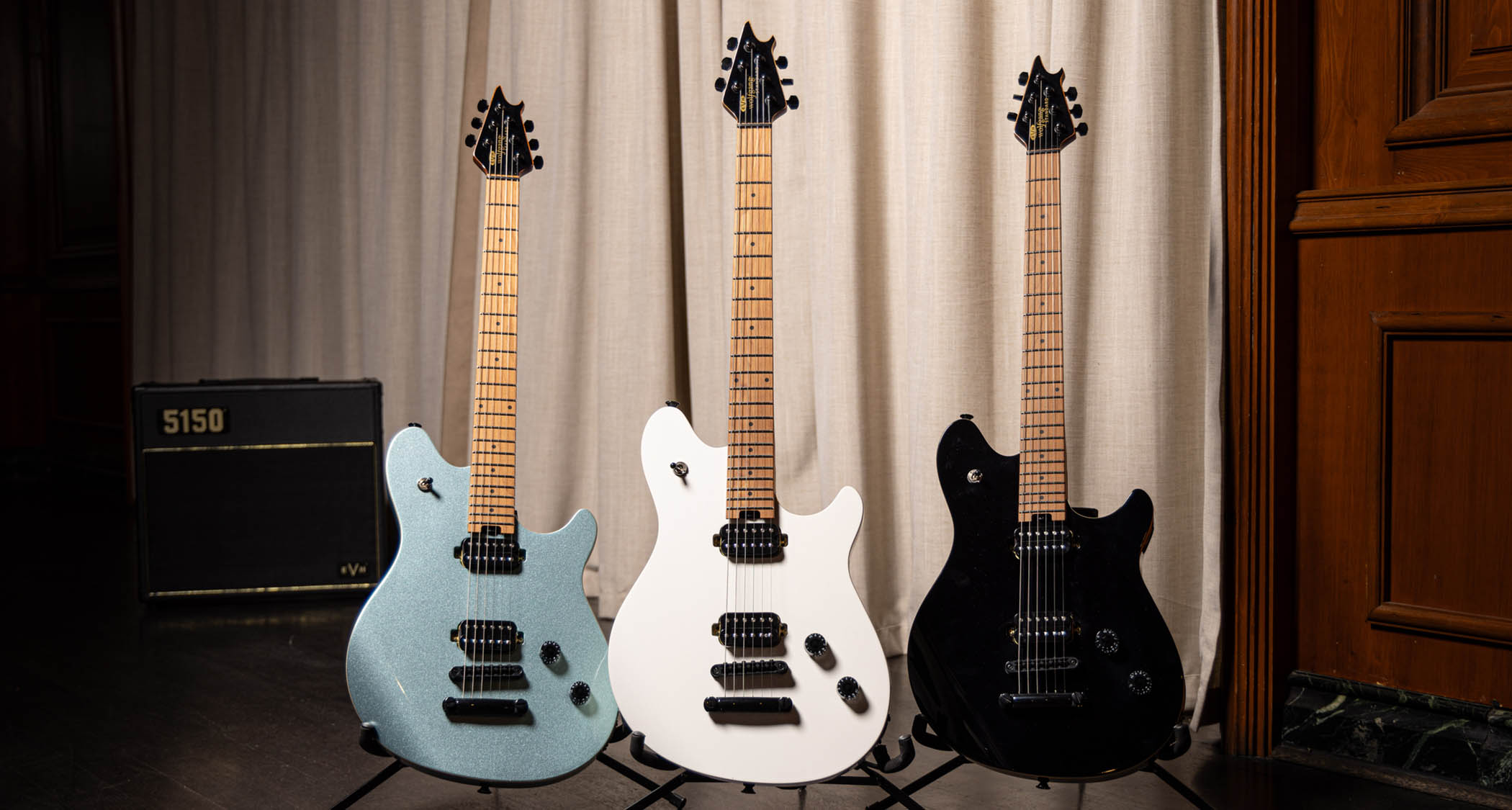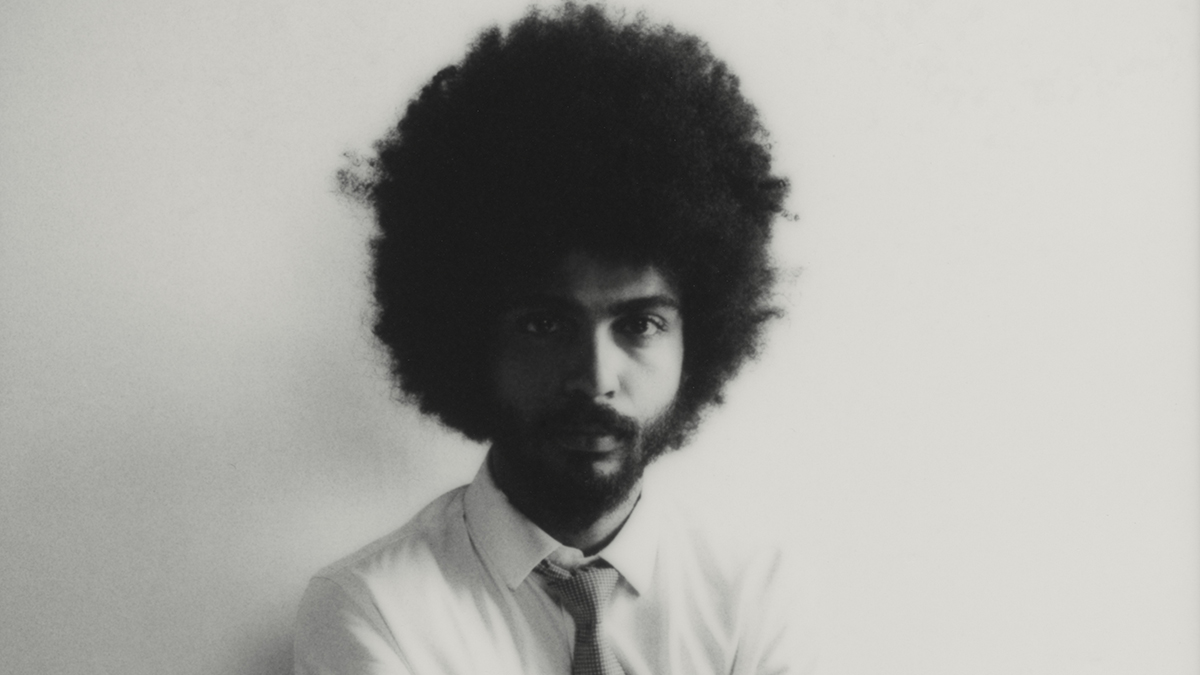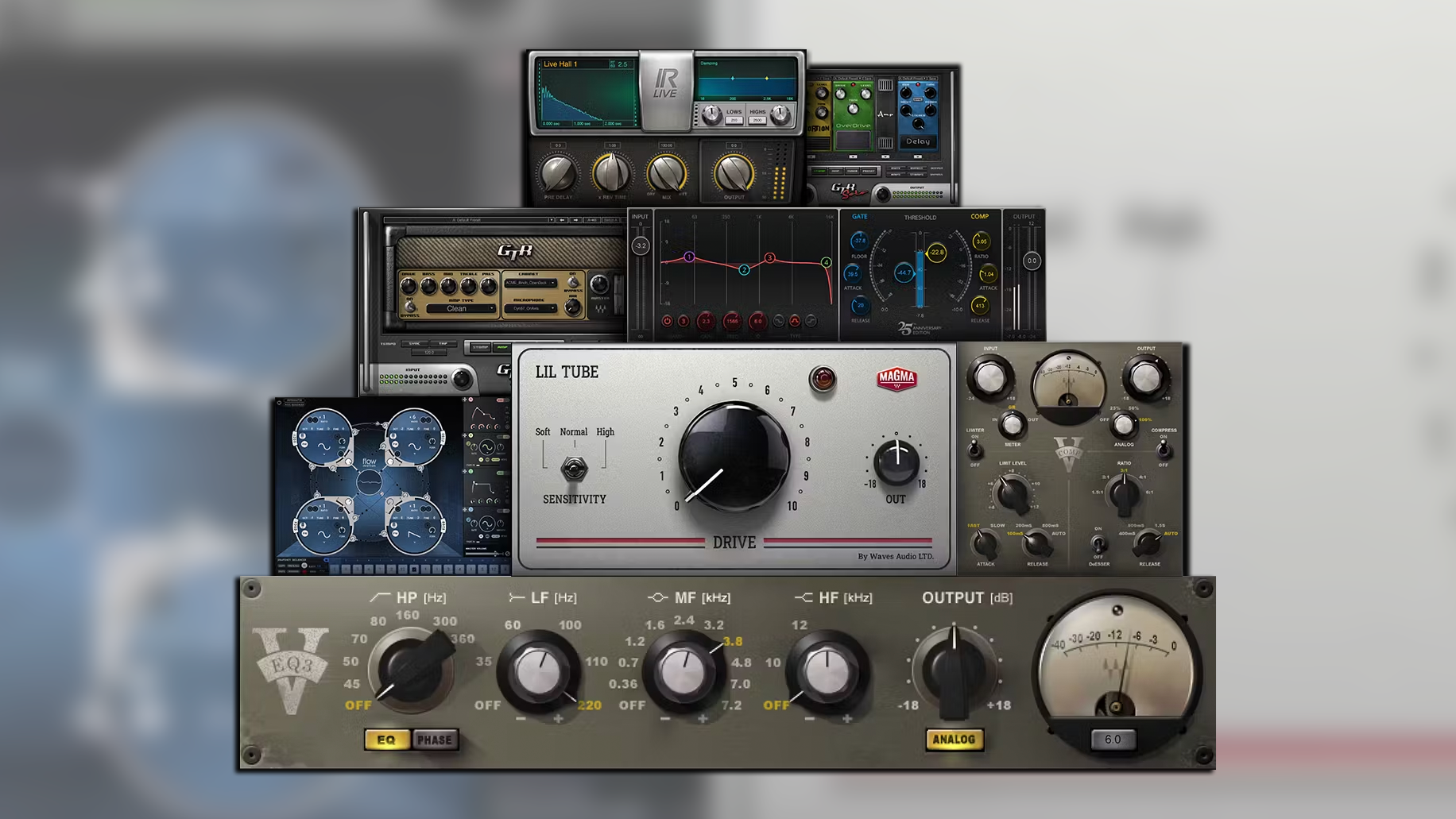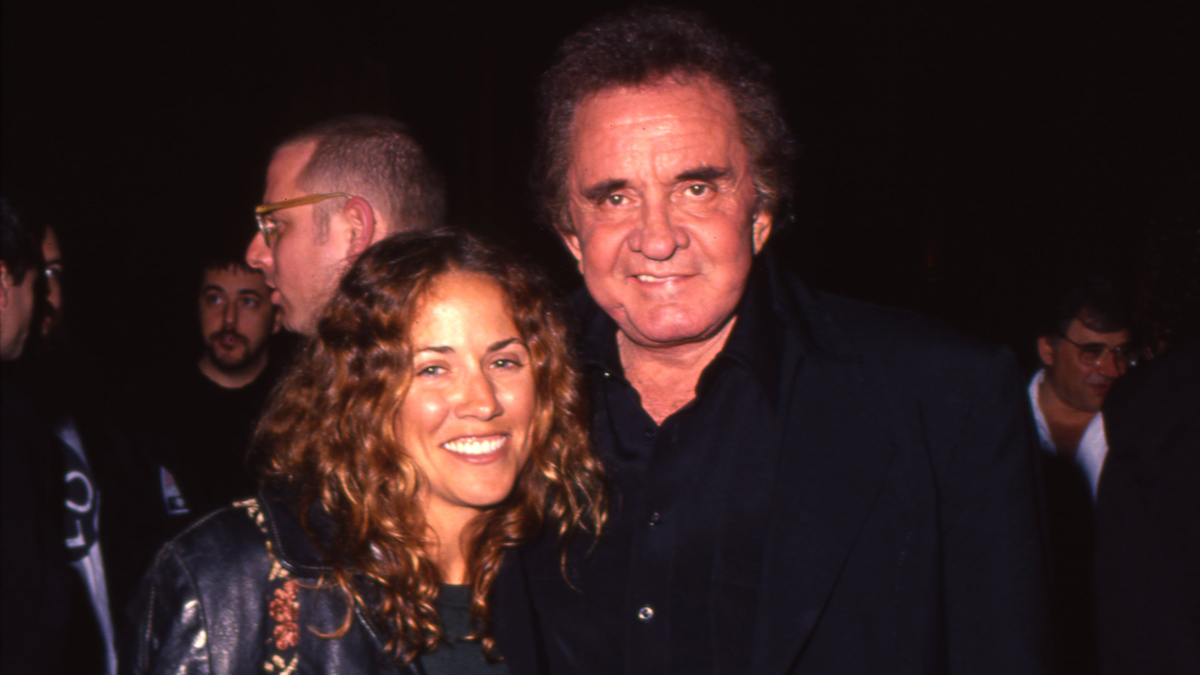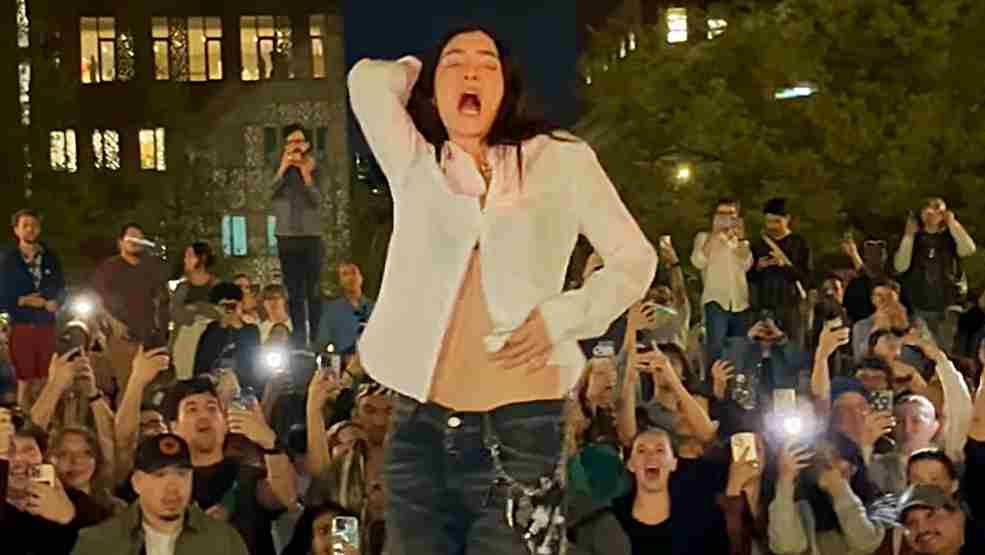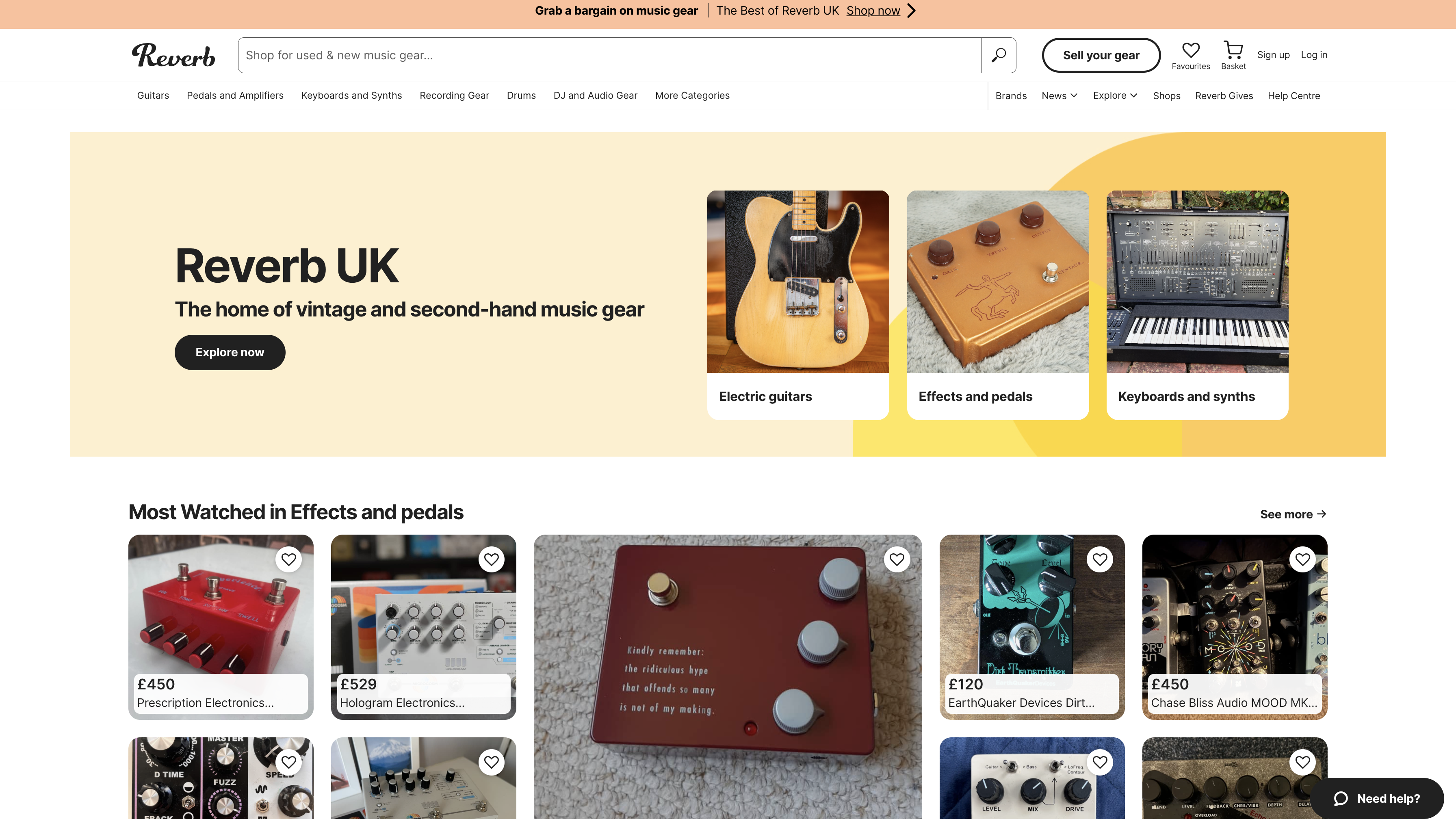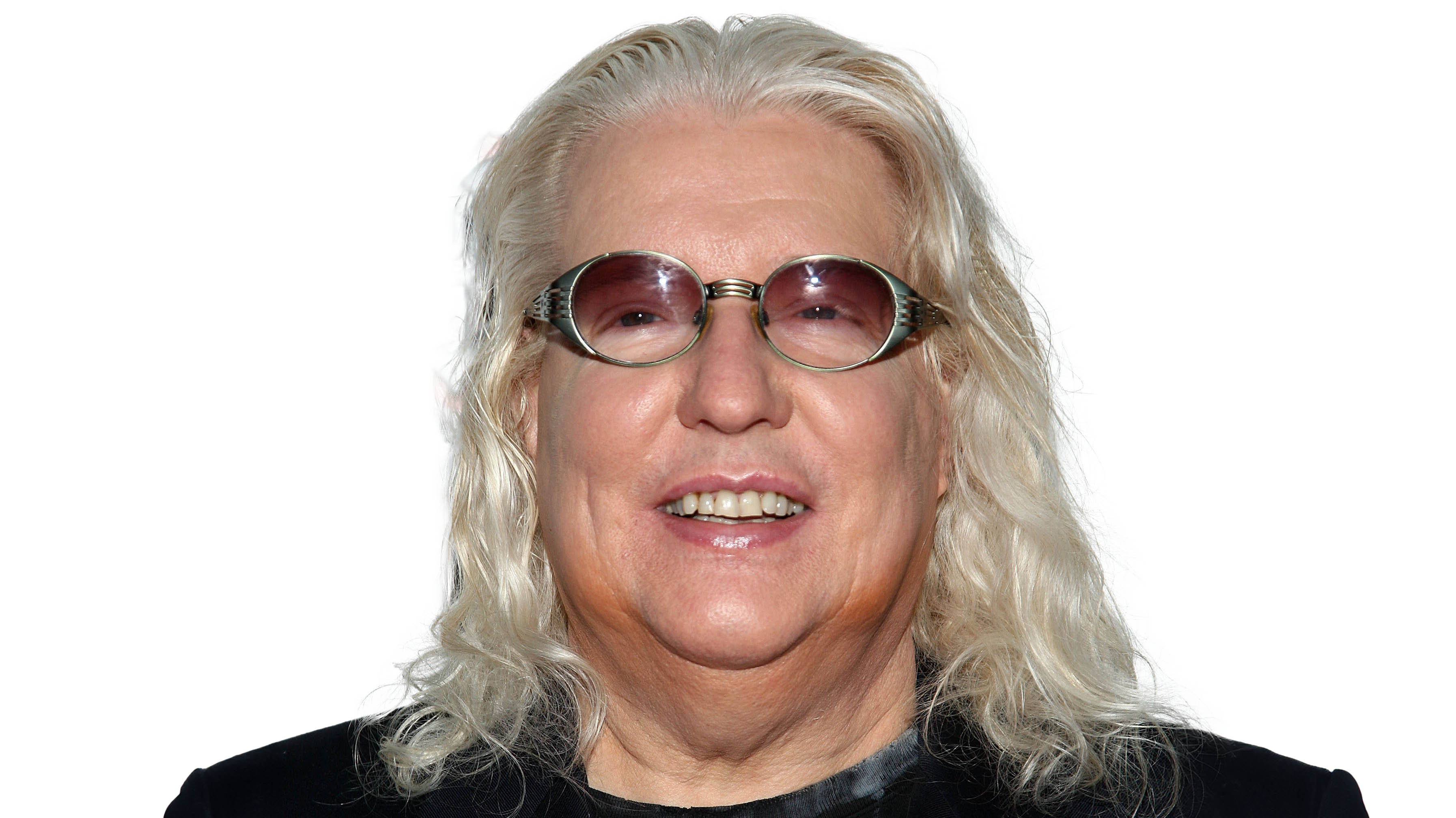“They pick one crisis in one country and they paint the whole of Africa": Fuse ODG, the rapper behind Band Aid’s 40th anniversary controversy, releases his own We Know It's Christmas clapback track
First he persuaded Ed Sheeran to step away from the track. Now he’s made his own answer record to set the story straight
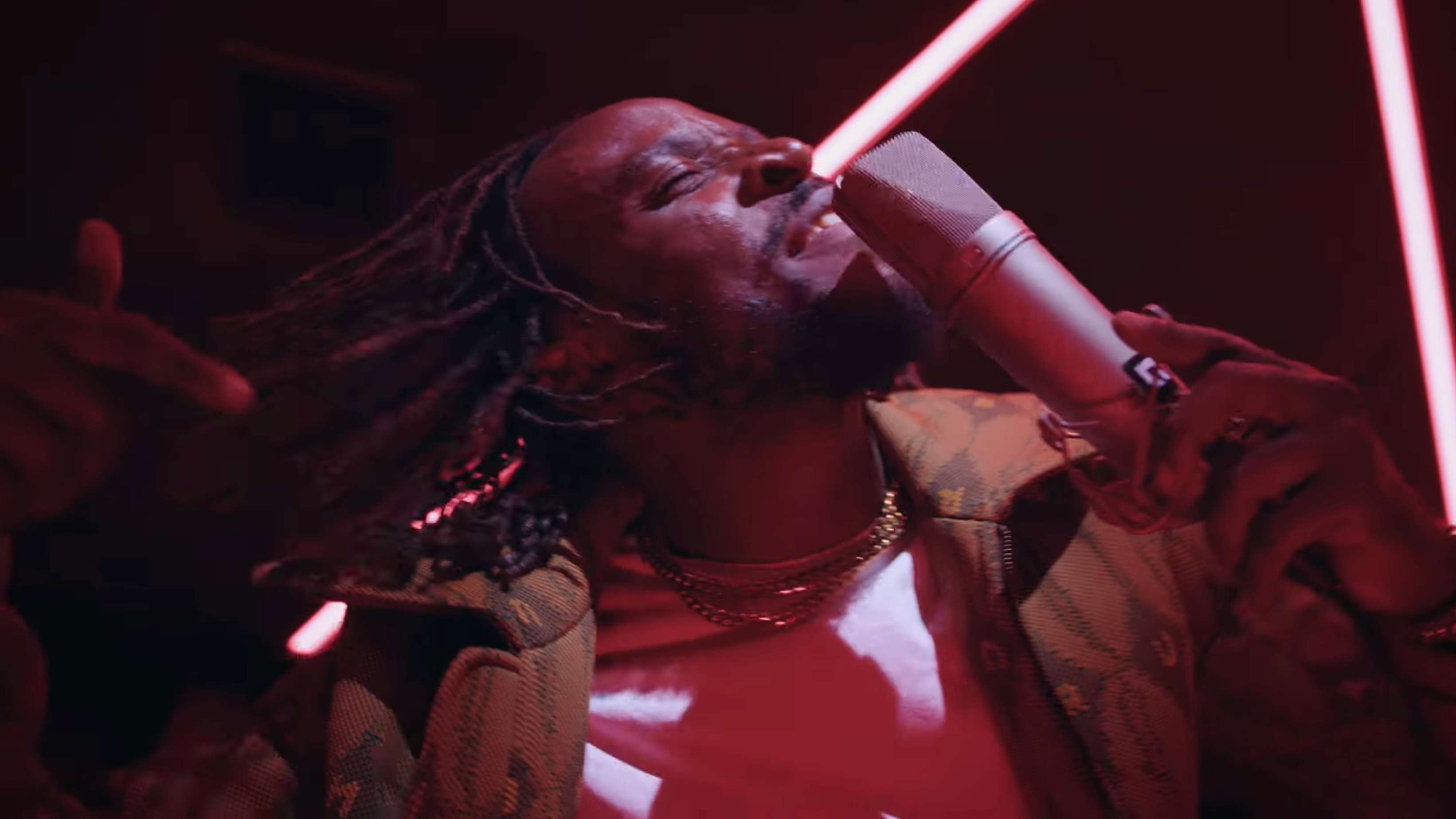
After turning Ed Sheeran’s head and playing a part changing his perception of the Band Aid charity’s effectiveness and legacy, his rap partner on Boa Me, Fuse ODG has created his own ‘Band Aid’ answer record. The track titled We Know It’s Christmas (Band Aid Reply) – should there be any confusion as to its message – is out to stream now, and is a mild retort to 1984’s Band Aid Do They Know It’s Christmas.
The new track features lyrics spelling out as to where credit really lies, and attributes the African continent’s progress and successes of the last 40 years to its own indigenous population and leaders. It also highlights the events of March 1957 when Prime Minister of Ghana, Dr Kwame Nkrumah declared the country free from British Colonial rule.
The Band Aid 40th controversy – and trouble for Band Aid’s 40th airing – began soon after the Band Aid 40th’s announcement. With the track complete and a new version teased, Sheeran, a willing participant in Band Aid’s 30th anniversary remake in 2014, took to Instagram to say: “My approval wasn’t sought on this new Band Aid 40 release, and had I had the choice I would have respectfully declined the use of my vocals. A decade on and my understanding of the narrative associated with this has changed, eloquently explained by @fuseodg.”
Sheeran had previously collaborated with Fuse ODG on the track Boa Me.
Needless to say, the news – that one of the UK’s biggest music stars was turning his back on one the UK’s best known charitable institutions – hasn’t been taken lightly and has since prompted much debate. And no doubt it’s a decision that has played a huge part in the 40th-anniversary version of the track – a mash-up of versions from three previous decades – not making the UK top 40 charts following its release last week.
“I think the original song and the intentions behind it were fantastic, because there needed to be an immediate action for a crisis that was happening at the time,” explained Fuse ODG to Sky News regarding his intentions for his track. “I’m immensely grateful to the British public for taking money out of their pocket to donate and help the crisis. It was definitely a fantastic initiative.
“40 years later we need to start looking at the results of what we’ve achieved and how we can improve the model. From my perspective, if we have to rely on aid to support countries in Africa then we need to be self-sustainable as a continent.
Get the MusicRadar Newsletter
Want all the hottest music and gear news, reviews, deals, features and more, direct to your inbox? Sign up here.
“They pick one crisis in one country and they paint the whole of Africa. And I think that’s very detrimental to the whole of the continent. What happened was people refused to go on holiday to Africa. They’d rather give us £2 and move on with their lives rather than give us £2000 or £3000 as they do in LA or Ibiza."
But Fuse ODG is only optimistic for the future.
“Africans are falling back in love with themselves and we’re understanding what’s really happening on [the] ground. There’s a way to position Africa as a place of opportunity because there’s a whole proud nation that loves their continent and wants to do something about it.
“[Band Aid] is feeding into the problem that we currently have. We’re trying to change the worldview of how people see us.”
You can listen to his new track below.
Daniel Griffiths is a veteran journalist who has worked on some of the biggest entertainment, tech and home brands in the world. He's interviewed countless big names, and covered countless new releases in the fields of music, videogames, movies, tech, gadgets, home improvement, self build, interiors and garden design. He’s the ex-Editor of Future Music and ex-Group Editor-in-Chief of Electronic Musician, Guitarist, Guitar World, Computer Music and more. He renovates property and writes for MusicRadar.com.
“It’s radical. It’s like magic. I get chills”: How Rick Rubin’s philosophy of chance led System of a Down to the first metal masterpiece of the 21st century
“I just treated it like I treat my 4-track… It sounds exactly like what I was used to getting with tape”: How Yves Jarvis recorded his whole album in Audacity, the free and open-source audio editor


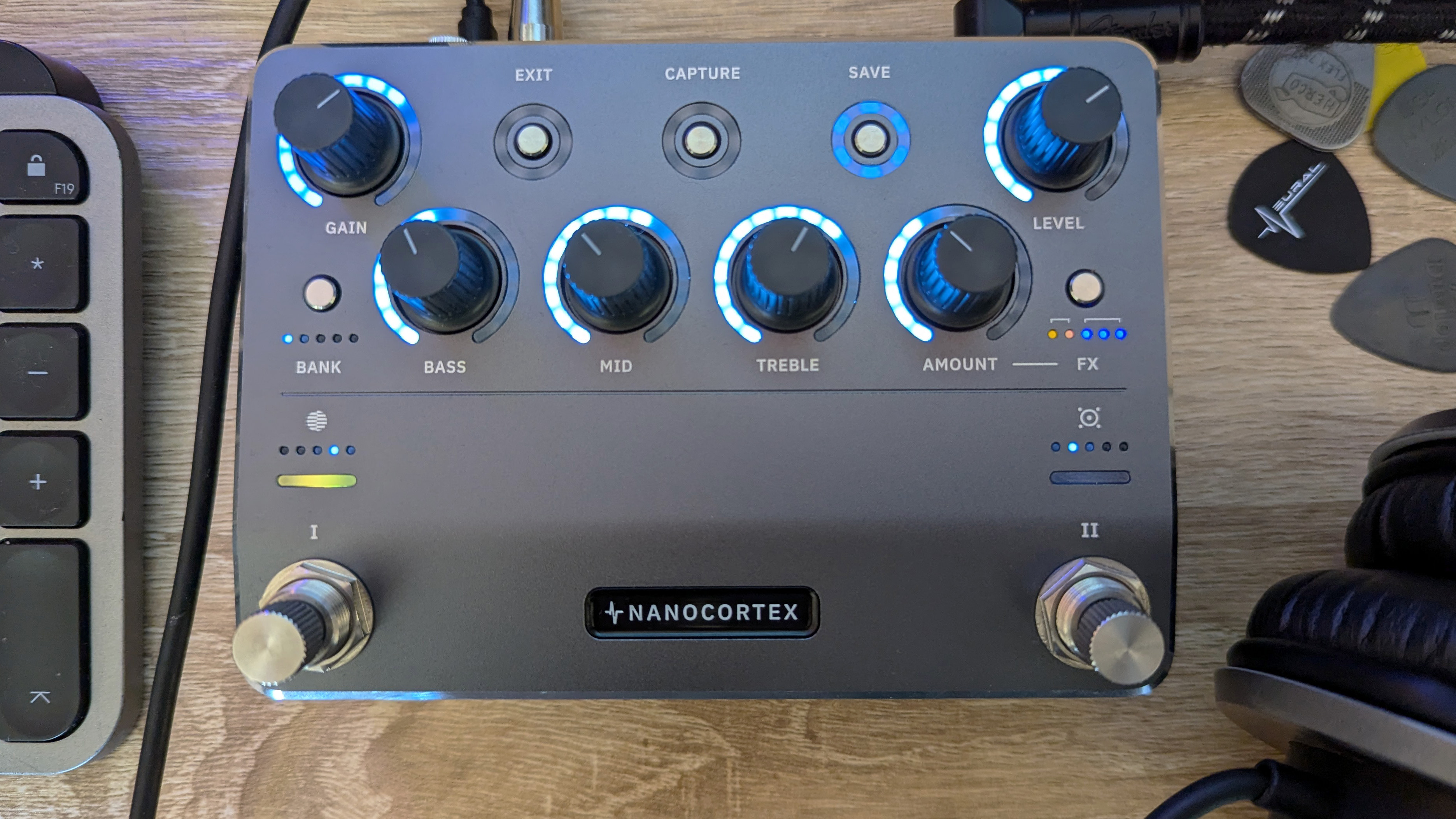
![Gretsch Limited Edition Paisley Penguin [left] and Honey Dipper Resonator: the Penguin dresses the famous singlecut in gold sparkle with a Paisley Pattern graphic, while the 99 per cent aluminium Honey Dipper makes a welcome return to the lineup.](https://cdn.mos.cms.futurecdn.net/BgZycMYFMAgTErT4DdsgbG.jpg)
